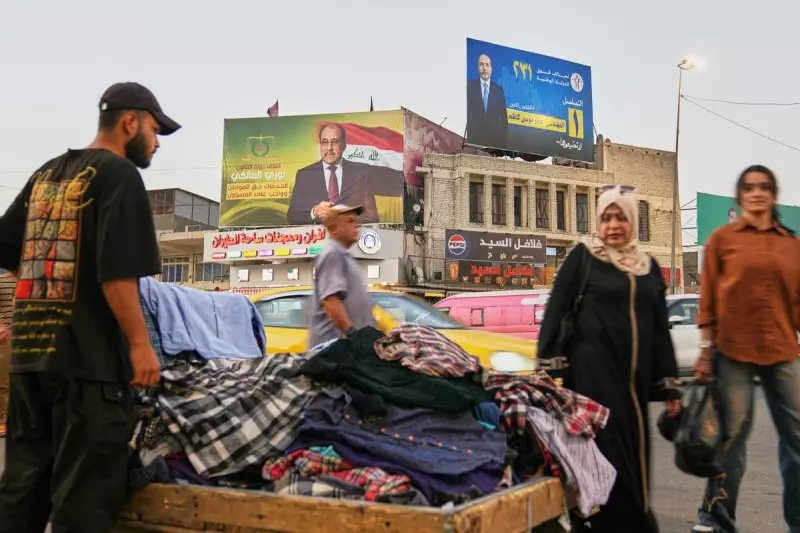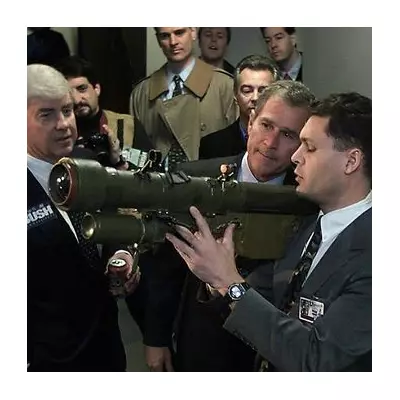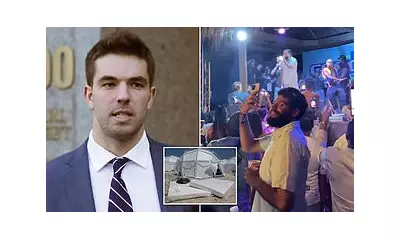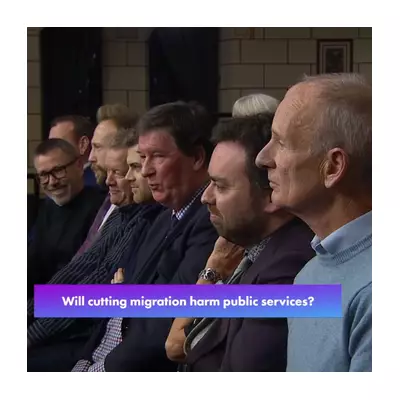
Chaos erupted in the heart of Iraq's democracy today as the parliament building in Baghdad's heavily fortified Green Zone became a scene of violent confrontation between rival political factions. Dozens were left injured in the alarming display of political breakdown that has raised serious concerns about the nation's stability.
Parliamentary Proceedings Turn Violent
What began as a parliamentary session quickly deteriorated into physical violence as supporters of influential cleric Muqtada al-Sadr clashed with their Iran-backed rivals. The confrontation saw lawmakers trading punches, throwing water bottles, and using furniture as weapons in an extraordinary breakdown of political decorum.
Security forces struggled to contain the situation as the fighting spilled through the parliamentary halls, with medical sources confirming at least 23 injuries requiring hospital treatment. The violence represents the most severe political confrontation Iraq has witnessed in recent years.
Deepening Political Crisis
The roots of today's violence trace back to months of political deadlock following October's parliamentary elections. The political vacuum has left Iraq without a functioning government, with rival factions unable to form a coalition or elect a new president.
Muqtada al-Sadr, whose bloc emerged as the largest in parliament, has been locked in a power struggle with the Coordination Framework, an alliance of Iran-backed Shiite parties. Today's violence demonstrates how dangerously this political impasse has escalated.
International Concern Grows
The United Nations Assistance Mission for Iraq expressed deep alarm at the developments, stating that such violence "undermines Iraq's stability and democratic process." Regional observers fear the situation could spiral into broader civil conflict if not quickly contained.
The timing is particularly sensitive as Iraq continues to navigate complex relationships with both neighbouring Iran and Western powers. The visible breakdown of political order threatens to create a power vacuum that could be exploited by extremist elements.
What Happens Next?
Political analysts suggest several possible outcomes from today's crisis:
- Immediate emergency sessions to de-escalate tensions
- Potential intervention from religious authorities to mediate
- Increased international pressure for political compromise
- Possible early elections if the deadlock cannot be broken
The coming days will be critical in determining whether Iraq's political class can step back from the brink and restore democratic processes, or whether the nation faces a return to the sectarian violence that plagued it for years.





